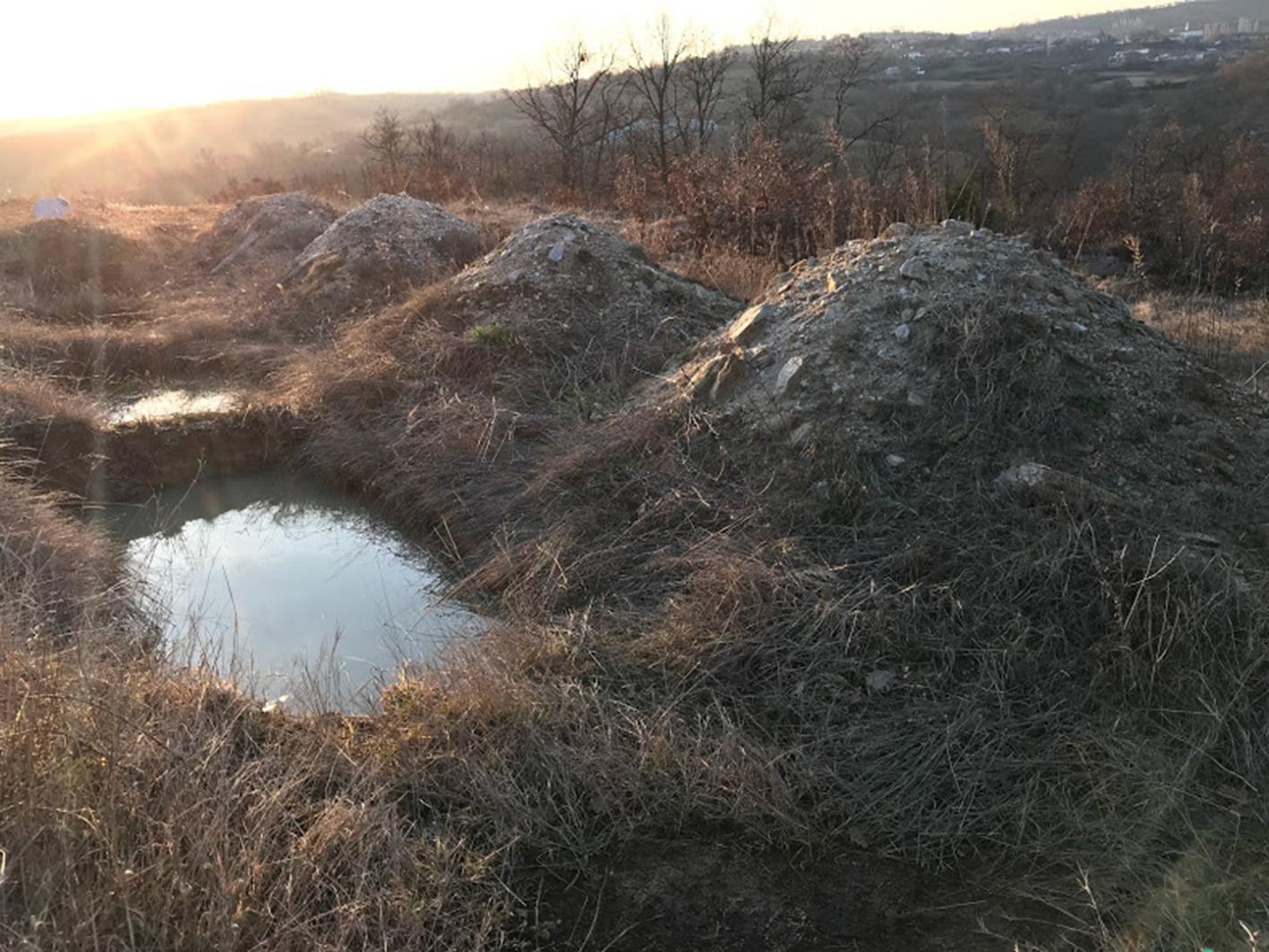Ifor Duncan
Article
Hydrology of the Powerless

This PhD project identifies the complex imbrications of political and environmental violence resulting in patterns of human bodies and remains washing up on the shores of three rivers. It seeks to demonstrate that, contrary to common abstractions and universalisations of water as empty and neutral, the materiality and fluvial processes of rivers are highly engineered and militarised.
Part I, co-researched with colleague Stefanos Levidis (CRA), considers the Evros / Meriç /Maritsa river between Greece, Turkey and Bulgaria as a Fluvial Frontier weighted with riverine crossings and systematic illegal pushbacks at the border of the EU. Part II explores the condition of Fluvial Terror on the Cauca river in Colombia, where the dispossessions of local communities, through extractive processes, are further compounded by the obfuscation of paramilitary violence within the reservoir of the Hidroituango megadam.
Part III reads the mobilisation of the confluence of the Wisła, Soła and Przemsza rivers, Poland, as a technology in the obfuscation of traces from the Auschwitz-Birkenau extermination camp and IG Farben chemical factory, as well as contemporary anthropogenic pollutants. In each case power organises, and is organised around, specific fluvial processes and hydrologic properties to disperse the causal agencies of violence enacted against subjugated and disempowered communities. Incorporating testimony, field notes and hydrophonic soundings I employ a methodology that reads rivers across a multi-scalar spectrum from flood to drought, and from entire river catchments to the particulate scale of processes of saltation, accretion and erosion. This thesis, consequently, offers an alternative conceptualisation of rivers as complex and dynamic archives resisting attempts to erase acts of state and non-state violence.
Member of Roundtable Three